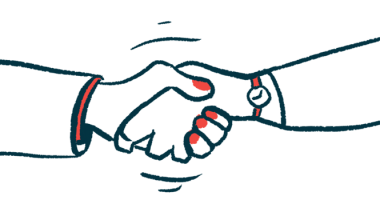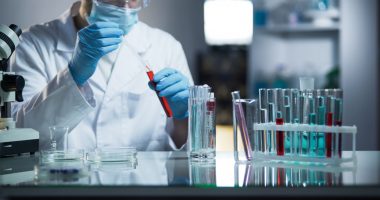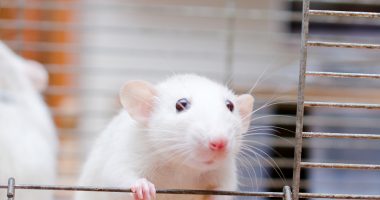Coya adds Parkinson’s as disease target for ALS therapy COYA 302
Biotech expands pipeline for immunotherapy for neurodegenerative disorders

Coya Therapeutics is expanding the pipeline for its COYA 302 immunotherapy, adding two neurodegenerative disorders — frontotemporal dementia (FTD) and Parkinson’s disease — as targets for the amyotrophic lateral sclerosis (ALS) treatment candidate.
Brain inflammation is known to drive Parkinson’s — and is a mechanism shared across several neurodegenerative diseases. Dysfunctional anti-inflammatory immune cells called regulatory T-cells, or Tregs, and heightened activity of immune cells in the brain, such as microglia and macrophages, also are known contributors.
“ALS, FTD, and PD [Parkinson’s disease] are driven by a similar, yet complex, proinflammatory environment that requires targeting more than a single pathway,” Fred Grossman, Coya’s president and chief medical officer, said in a company press release.
“COYA 302 has been designed to target multiple pathways, such as restoring dysfunctional Tregs and inhibiting proinflammatory microglia and macrophages, and may have disease modifying potential in these severe diseases with high unmet need,” Grossman said.
Developer planning preclinical studies of COYA 302 for Parkinson’s
An experimental approach, COYA 302 combines a proprietary low dose of the immune signaling molecule interleukin-2 (IL-2) and a fusion protein named CTLA-4 Ig (abatacept). The therapy is administered via a subcutaneous or under-the-skin injection.
While IL-2 reduces inflammation by increasing the levels and activity of Tregs, CTLA-4 Ig aims to decrease the activity of immune cells that promote inflammation.
According to the company, COYA 302 could be a disease modifying therapy for neurodegenerative disorders due to its dual mode of action in the immune system.
“COYA 302 is a proprietary biologic combination immunotherapy that targets multiple pathways which may successfully overcome the complex immune environment driving these diseases,” the release stated.
Coya plans to submit an investigational new drug (IND) application to start testing COYA 302 for the treatment of FTD before the end of the year. Preclinical studies with animal models of Parkinson’s and IND applications also are planned.
We believe that the complementary and possibly synergistic multi-mechanism mode of action of COYA 302 in targeting the complex immune environment will lead to promising clinical outcomes in patients with neurodegenerative diseases.
“Our vision has always been to leverage the potential of Tregs in neurodegenerative diseases,” said Howard H. Berman, PhD, Coya’s CEO.
“With COYA 302, we have taken a page from the playbook of oncology and viral disease where combination therapies have been transformational. We believe that the complementary and possibly synergistic multi-mechanism mode of action of COYA 302 in targeting the complex immune environment will lead to promising clinical outcomes in patients with neurodegenerative diseases,” Berman said.
The company recently held meetings with the U.S. Food and Drug Administration (FDA) regarding key areas of the therapy’s development for ALS, including its manufacturing, preclinical research, and further clinical studies.
Results from a small proof-of-concept clinical trial in ALS patients showed that disease progression was markedly slowed during 48 weeks, or nearly one year, of treatment with COYA 302. However, after stopping treatment, progression rates returned to those observed before the trial started, indicating a need for continuous treatment.
Coya also is developing its anti-inflammatory therapy COYA 301 for Parkinson’s. The company last fall secured an exclusive license to patent rights and know-how related to the experimental treatment.







